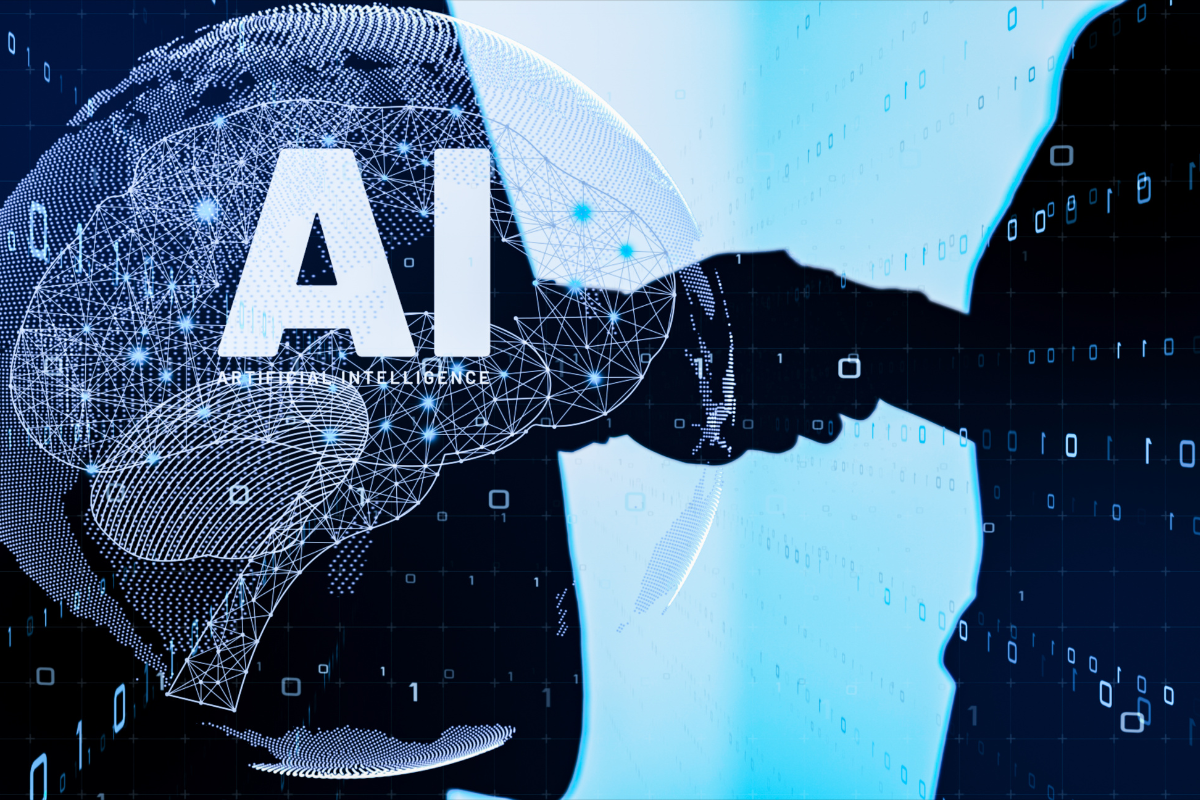In today’s era of rapid technological advancement, Artificial Intelligence (AI) serves as both a disruptor and a catalyst for innovation. This dual role is especially apparent in Singapore, where AI adoption is accelerating across key sectors including finance, healthcare, logistics, and public services. As the technology evolves, so too does the nature of work—transforming traditional roles, introducing new ones, and demanding a fresh set of skills across the workforce. Singapore’s labour market is undergoing a profound shift, where employability is no longer defined solely by academic qualifications, but by adaptability, digital literacy, and the ability to work alongside intelligent systems. From automated customer service to AI-assisted medical diagnostics, the integration of AI is pushing boundaries and reshaping career trajectories. For Singaporeans, navigating this AI frontier requires continuous learning, cross-disciplinary agility, and a readiness to embrace change in a dynamic, digital-first economy that is still being written.
AI’s Dual Impact: Displacement and Creation
AI’s influence on employment is multifaceted. While it automates routine tasks, it also augments human capabilities and creates new job opportunities. According to a McKinsey report, up to 30% of tasks in existing jobs could be automated by 2030, with clerical, administrative, and repetitive roles most vulnerable. In Singapore, jobs such as data entry clerks, basic customer service agents, and routine manufacturing workers are already being phased out or restructured due to AI and machine learning.
However, the narrative is not purely one of loss. AI is also amplifying productivity and enabling professionals to focus on higher-value tasks. In healthcare, AI-assisted diagnostics are allowing doctors to spend more time on patient care. In financial services, robo-advisors and fraud detection systems are freeing analysts to engage in more strategic thinking. Similarly, manufacturing is witnessing the rise of “cobots”—collaborative robots working alongside humans to enhance efficiency without full replacement.
More importantly, AI is giving birth to entirely new roles. These include AI ethicists, machine learning engineers, data scientists, and prompt engineers—jobs that did not exist a decade ago. According to Singapore’s Infocomm Media Development Authority (IMDA), the demand for tech talent is projected to reach over 200,000 roles by 2025, a significant increase driven largely by AI adoption.
Shifting Skill Demands and the “Wage Premium”
As job roles evolve, so too do the skills required to thrive in an AI-integrated workforce. The World Economic Forum’s Future of Jobs Report highlights a growing demand for competencies in AI, data analytics, cloud computing, and cybersecurity. In Singapore, AI literacy is becoming a core capability—not just for tech workers but across all sectors.
Beyond technical skills, employers are increasingly valuing what are often termed “human” skills: critical thinking, creativity, emotional intelligence, and adaptability. These skills are not only resistant to automation but also crucial in leveraging AI as a collaborative tool.
A visible trend is the emergence of a “wage premium” for AI-related competencies. Professionals with demonstrable AI knowledge—be it through certifications, bootcamps, or academic qualifications—are commanding significantly higher salaries. A LinkedIn study showed that AI-related roles in Singapore saw a salary uplift of up to 20% compared to non-AI equivalents.
Despite this, a 2024 survey by NTUC LearningHub revealed that nearly 40% of Singaporean workers feel unprepared for an AI-driven future and are hesitant to pursue upskilling. This reluctance threatens to widen the skills gap and create a new form of digital inequality if not addressed proactively.
Singapore’s Proactive Response: Government Initiatives and Industry Collaboration
Singapore has long taken a forward-thinking approach to workforce development. Its latest policy push—National AI Strategy 2.0—reflects a comprehensive roadmap to build AI capabilities at scale, focusing on real-world deployment, responsible governance, and workforce enablement.
The SkillsFuture initiative continues to play a central role, offering Singaporeans subsidies and credits to pursue AI-related training. The AI Apprenticeship Programme (AIAP) by AI Singapore is another standout effort, giving mid-career professionals hands-on experience through structured mentorship and project-based learning.
Furthermore, the Digital Skills for Life programme, recently expanded, aims to ensure foundational digital and AI literacy for all Singaporeans, including older adults and vulnerable groups.
On the industry front, organisations are stepping up too. PwC’s AI Lab in Singapore is working closely with local universities to nurture AI talent. SAP’s Southeast Asia headquarters has launched several AI research partnerships and talent incubation initiatives. Local startup Tomoro AI is providing scalable AI solutions to SMEs, empowering them to compete with larger corporations while contributing to talent development through internships and workshops.
These initiatives signal a coordinated effort to not only prepare workers for AI—but to enable them to shape its future.
For more on Singapore’s national AI strategy, visit:
https://www.smartnation.gov.sg/initiatives/artificial-intelligence/
Challenges and Considerations for an Inclusive Transition
While opportunities abound, so do risks. Automation-led displacement could disproportionately impact older workers, women in clerical roles, and low-wage migrant workers who may lack access to retraining pathways. Without intervention, these groups may face long-term unemployment or downward mobility.
To address these concerns, Singapore must ensure that training and upskilling programmes are inclusive and accessible. This means delivering content in multiple languages, offering flexible learning modes (e.g., online, evening classes), and integrating AI learning into existing vocational training.
Ethical considerations also come into sharper focus. AI systems used in hiring or performance evaluation must be transparent, fair, and free of bias. Companies must comply with robust data governance frameworks to protect workers’ privacy and dignity.
Furthermore, lifelong learning must become more than a buzzword. It needs to be a lived reality, supported by both employers and the government. Mindset shifts—embracing change, curiosity, and resilience—will be as critical as technical training.
A recent overview on ethical AI deployment:
https://www.weforum.org/agenda/2023/05/ethical-ai-framework-singapore/
Future Outlook and Recommendations
Looking ahead, AI will continue to redefine Singapore’s labour market. Roles will evolve rather than disappear outright. Work will become more dynamic, with a blend of human and machine collaboration becoming the norm. For Singapore to thrive, all stakeholders must commit to shared responsibility and collective action.
For individuals:
- Prioritise AI literacy—start with foundational online courses on platforms like Coursera, Udemy, or SkillsFuture.
- Cultivate soft skills—especially creativity, collaboration, and emotional intelligence.
- Embrace a growth mindset—see change as opportunity, not threat.
For businesses:
- Invest in employee reskilling, not just tech infrastructure.
- Foster a culture of innovation and experimentation with AI.
- Ensure fair and inclusive deployment of AI tools.
For policymakers:
- Expand access to AI training for vulnerable groups.
- Enforce ethical guidelines for AI in employment.
- Continue aligning education policy with industry needs.
Ultimately, the integration of AI into Singapore’s workforce must remain human-centric. Technology should augment, not displace; empower, not marginalise. If embraced responsibly, AI can be a powerful tool for social mobility, economic resilience, and a more inclusive future of work.
Conclusion

Singapore stands at the crossroads of a profound transformation as Artificial Intelligence (AI) rapidly reshapes industries and redefines the future of work. The nation’s strength lies in its agility, long-term vision, and the collaborative efforts of government, industry, and individuals. While AI brings disruption, it also offers immense opportunity—creating new roles, enhancing productivity, and unlocking economic potential. Singapore’s proactive initiatives, such as the National AI Strategy 2.0 and SkillsFuture, reflect a commitment to future-proofing its workforce through inclusive upskilling and ethical innovation. But success will require more than technology—it demands a workforce that embraces lifelong learning, cultivates human-centric skills, and adapts with resilience. If approached holistically, AI can be a powerful enabler of progress, not just for economic growth but for a more inclusive and empowered society. With sustained effort and a shared vision, Singapore can lead the way in shaping an AI-enhanced workforce that is skilled, adaptable, and distinctly human.


